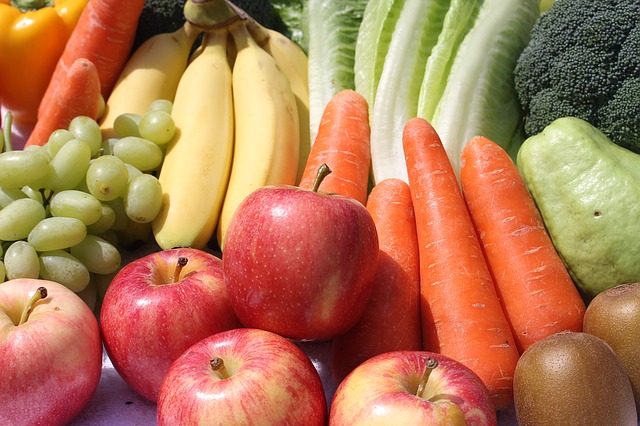As we look toward a world with COVID-19 under control, we can look forward to coming together in our communities once again. The best way to get re-engaged with your neighbors is through volunteering locally. Once organizations are ready to welcome volunteers through their doors again, here are a few reasons why you should volunteer and help out your community:
Volunteering Helps Build a Better YOU:
Not only is volunteering a great way to better build up your community by helping those in need, volunteering also helps to build up your own character and fulfill one’s civic duty. Volunteering can have benefits to a person’s physical & mental health. Depending on the type of volunteering that you are doing, the level of physical activity will vary. Regardless, volunteering is a great way to get yourself moving in a different way that your body may not be used to. Your mental state will improve greatly too! Volunteering doesn’t come with any tangible rewards, (not usually, at least) instead, volunteering makes one feel better about themselves mentally for doing good for the betterment of those in need. Fulfilling one’s civic duty is enough of a reward itself combined with helping those in need. All in all, volunteering can only bring about positive & helpful things to you in your life.
More Volunteering Opportunities Are Available:
So many people’s lives were negatively impacted by the pandemic. Whether it was unexpected medical bills, a sudden loss in the family, or a job loss, people need more help now than ever. There are plenty of volunteer options to choose from in one’s community, from helping at local soup kitchens, to volunteering at a sock drive. If contact and the spread of COVID-19 is still a worry for you, no need to fret! There are still contactless volunteer opportunities for you that will still have an impact on your community! Conduct a web search to find out more on the possible contactless volunteer opportunities that are available in your area! No matter your level of risk with COVID-19, the opportunities are out there.
Here are a few safer options to lend your skills on a volunteer basis:
- Virtual video chat support for an organization in need of live support
- Hotline operators for mental health support organizations
- Local outdoor low-cost sport leagues for children
- Social media, web, and photography volunteer work for organizations in need of marketing
Dr. Barbara Edwards, a Princeton MD is the Academic Director for the Ambulatory Residency Program at Penn Medicine Princeton Health, providing quality care to uninsured and under-insured New Jersey residents in Mercer and Middlesex counties.






